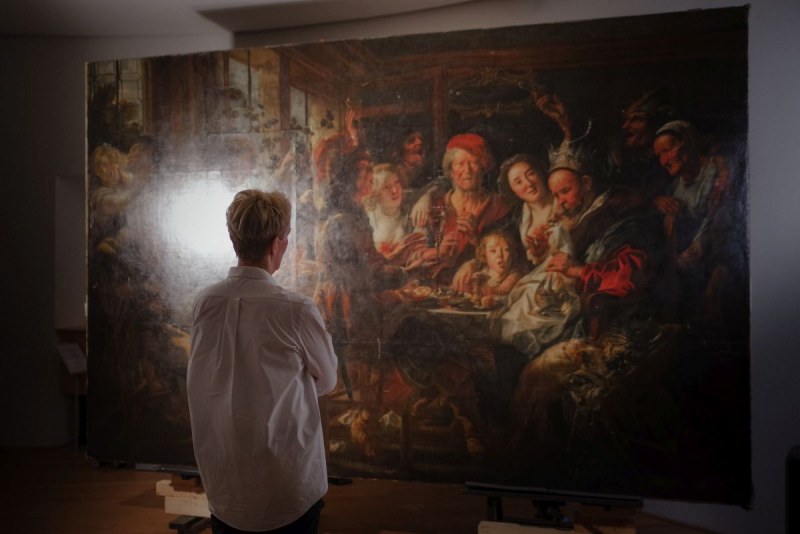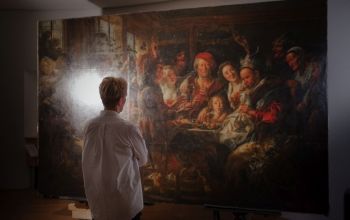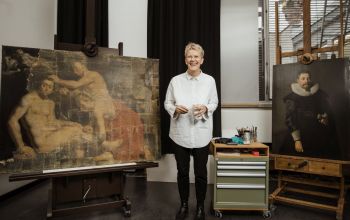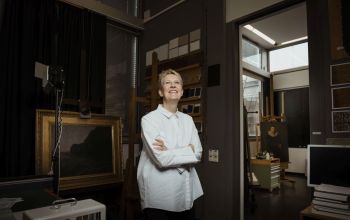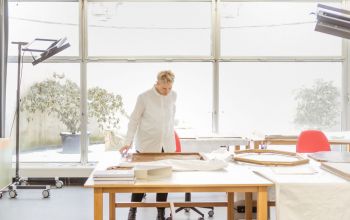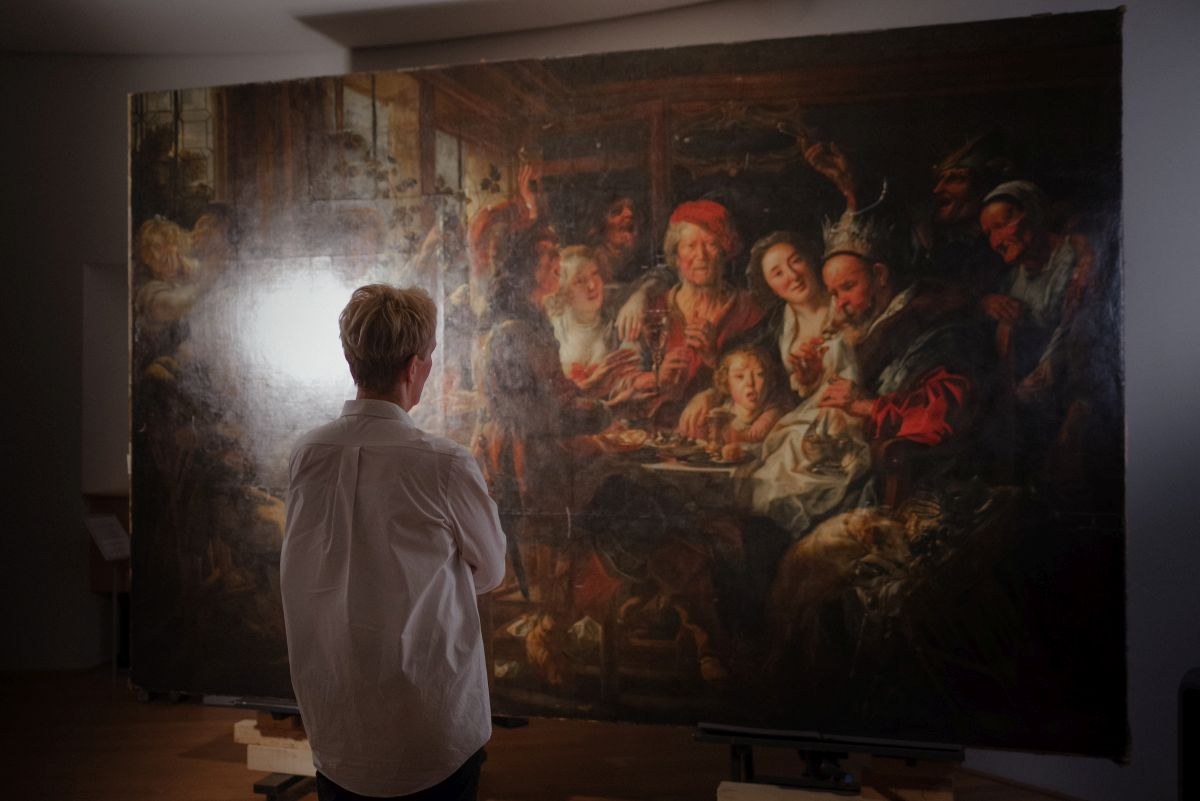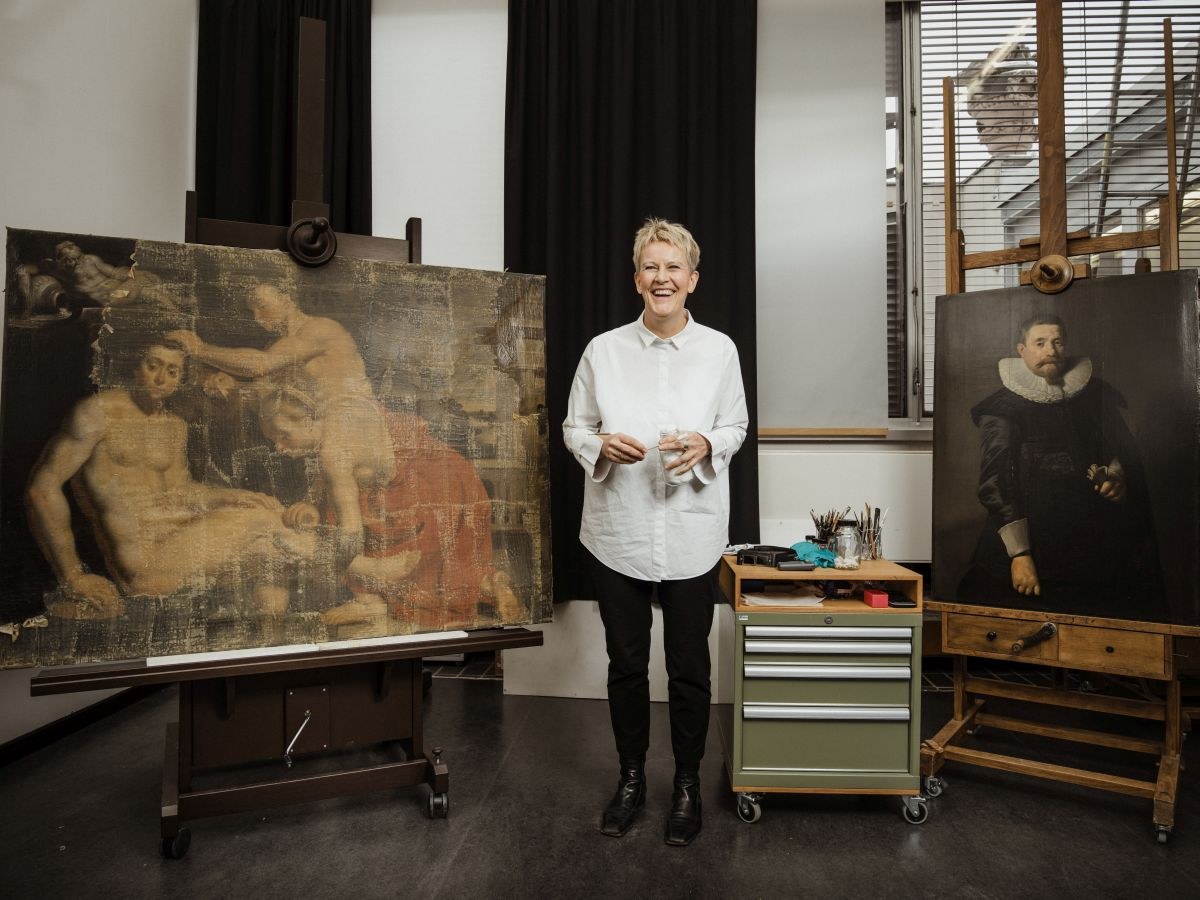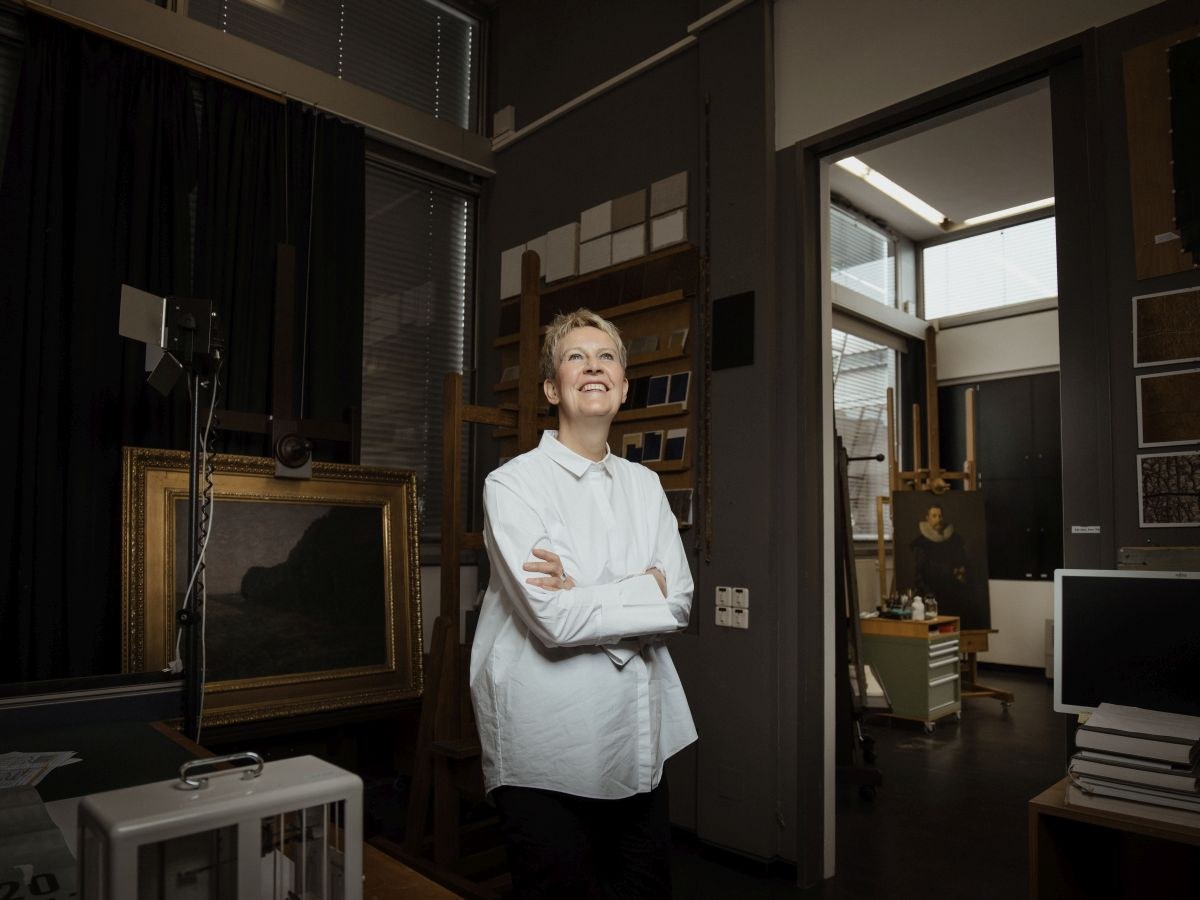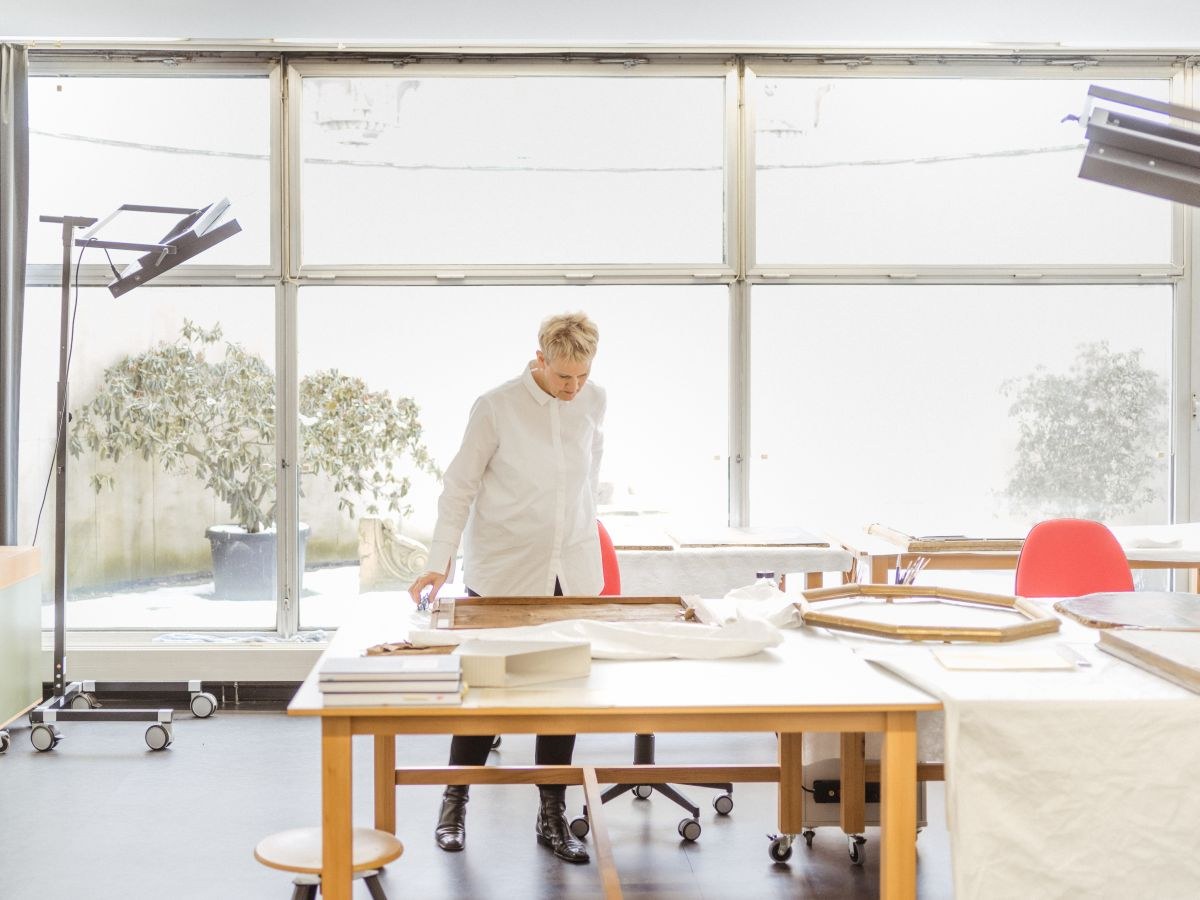The acceptance of imperfections - interview with Anne Harmssen (Part 1)
Anne Harmssen has been the department head of the restoration workshops at the Museum Landscape Hessen Kassel for ten years. The conservator, who specialises in paintings and sculptures, previously spent 18 years at the Herzog Anton Ulrich Museum in Braunschweig and another two and a half years at the Dunedin Public Art Gallery in New Zealand - as she says herself, the last civilised place in the southern hemisphere before you reach the Antarctic. She gives us a wonderful insight into her work, tells us about the awe of looking at a real Rembrandt through a microscope, and reveals how sometimes overenthusiastic restorative interventions in the past can lead to misinterpretations in studies of art.
Ms Harmssen, you worked for two and a half years as a conservator in New Zealand before you came here to Kassel. Is the work of a conservator entirely different there? There’s probably very little medieval art.
There is a bit of medieval art that immigrants took with them, but there’s primarily a lot of 19th and 20th century art influenced by New Zealand and Australia. I found dealing with Māori art particularly exciting. I learned many things there that I would never have learned here in Germany. That's exactly why you go on such trips.
*When did you realise that you wanted to become a conservator?
I come from a family where art and culture have always played an important role. My grandfather was an art collector, so there was already a certain amount of influence in this direction. He was also the one who advised me to become a conservator. I first tried my hand as a furniture restorer during an internship, but it quickly became clear to me that I wouldn’t find my way there. When at some point I had my first painting in front of me, I knew immediately that this would be my path. I had no more doubts at all...
Since then, you’ve held a senior position here at the Museum Landscape Hessen Kassel. Give us some insight into your work as Head of the Restoration Workshops?
The restoration workshops are primarily concerned with the preventive conservation, preservation and care of the art collections of the Museum Landscape Hessen Kassel. My job is to coordinate our nine specialist departments with 15 permanent employees, who also include the storage administration and a carpentry workshop, and always a few volunteers and interns as well. For larger projects, we work a great deal with external restoration companies that support us in our work. A lot of coordination is required for that, too. I also of course take care of things like expense management and the provision of funds.
Do you still have time to do some of the work yourself?
Unfortunately not. Restoration requires a lot of time, quiet and above all, patience. With all the appointments here, I scarcely get a break. But I do like to get involved and am asked for my opinion about lots of restoration projects. I know which objects my colleagues are working on and what problems are on their minds. In this way, I at least mentally participate in the restorations.
Do I detect a little melancholy?
Oh yes. In the first few years in particular, I always used the time around Christmas and New Year to restore works of art myself. But you need peace and quiet to be able to examine an object and to think about the damage and its causes in order that you can create a concept and do tests before eventually getting down to work. Unfortunately, I had less and less of this time. In the meantime, I’ve come to terms with the fact that I organise more than I restore, even if it’s sometimes very difficult. But thinking about the work required for restoring a work of art has remained part of my job. And that's what I really enjoy, particularly with complex issues.
The acceptance of imperfections - interview with Anne Harmssen (Part 2)
Gallery
Published on 07.06.2017
Share on Twitter?
By clicking on this link you leave the Kultur in Hessen website and will be redirected to the website of Twitter. Please note that personal data will be transmitted in the process.
Further information can be found in our privacy policy.
Share on Facebook?
By clicking on this link you leave the Kultur in Hessen website and will be redirected to the website of Facebook. Please note that personal data will be transmitted in the process.
Further information can be found in our privacy policy.

